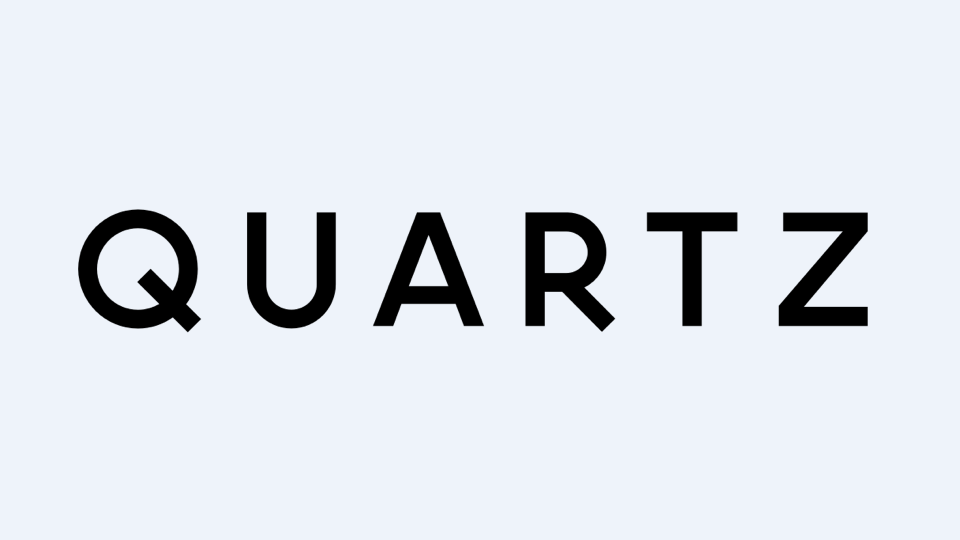Videos
Learn More About Arnav Kapur
“Imagine perfectly memorizing things, crunching numbers as fast as computers do, silently texting other people, suddenly becoming multilingual so you can hear the translation in your head in one language and speak in another.”
This is the vision of Arnav Kapur, pioneering inventor, researcher and rising star of the MIT Media Lab. As featured on CBS News 60 Minutes, he is working toward a future where people are at the center of technology that is used for good – extending our intelligence and abilities multifold without unplugging us from our environments, as today’s digital devices do, and enabling us to solve the world’s big problems. That future, in which wearable AI amplifies human intelligence, isn’t far from reality.
Kapur, a graduate researcher at MIT, is leading progress toward melding human and machine. Both a neuroscientist and computer scientist, he builds technologies that augment us – instead of replacing us – by disappearing into the background of the human experience. These inventions have the ability to raise us to new levels of curiosity, creativity and cognitive accomplishments. Kapur’s latest innovation is AlterEgo, an AI-enabled headset that allows humans to silently communicate with computers and other people without making any mouth movements or physical actions. The device – which Kapur so eloquently demonstrated live during his acclaimed 2019 TED Talk, “How AI Could Become an Extension of Your Mind” – detects, via powerful sensors, the signals the brain sends to internal speech mechanisms, like the tongue or larynx, when you speak to yourself. Ask the device a question and, through a separate part of the headset that uses bone-conduction audio, the AI can identify and transmit an answer back to you. Kapur, who won the $15,000 Lemelson-MIT Student Prize for AlterEgo and was named a 2019 TED Fellow, makes it clear this isn’t mind reading nor science fiction. Rather, it’s an early example of how AI can increasingly become an extension of our own mind and body, not diminishing our humanity but allowing us to express ourselves freely and unobtrusively, and to learn in unprecedented ways. AlterEgo, which was named one of The Best Inventions of 2020 by TIME, also has significant implications in health care for the millions of people who struggle with speech, like those with ALS, oral cancer and stroke.
An explorer and creator at heart, Kapur’s expertise lies in bringing together science and the arts – disciplines that he believes offer unique yet equally important perspectives, each necessary for problem-solving. Having grown up in New Delhi, India, Kapur offers another distinct lens: he understands the cultural differences in the ways people around the world think about their relationships with technology. Kapur’s early and impressive resume of inventions further prove his desire to advance technology while strengthening the human condition and augmenting our cognition. He’s worked on a lunar rover that will land on the moon in 2021, invented a 3D printable drone, experimented with measuring gene expressions at large scale and developed an audio device that helps narrate the world for the visually impaired.
Kapur’s extensive portfolio of research and invention has been by high-profile media outlets, including the Smithsonian, MIT Technology Review, New Scientist, The Guardian and Forbes, among others. He and his work have also been honored with the Fast Company Innovation by Design Award, the World Technology Award, Disrupt 100 and the FF Rising Star Award, in addition to numerous other coveted recognitions. Kapur has also exhibited art installations at the Tate Modern, the Philadelphia Museum of Art, alt-AI and QUT Brisbane.
Arnav Kapur is available to advise your organization via virtual and in-person consulting meetings, interactive workshops and customized keynotes through the exclusive representation of Stern Speakers & Advisors, a division of Stern Strategy Group®.
Merging AI with Human Ingenuity
In an AI-forward era, what is the evolving role of human intelligence? Do human intelligence and artificial intelligence compete, coexist or synergize? Does complementarity, or the relationship between humans and digital systems, inform the way we design and deploy AI? Scientist and engineer Arnav Kapur believes we need to design technologies and interfaces that augment human cognition. As he explained on a standout 60 Minutes appearance, advancing AI isn’t about making the box smarter; it’s about enabling humans to be more creative and better connected – with technology but also with one another. A TED Fellow, Kapur challenges the conventional “external” view of AI, envisioning a world where AI enhances human strengths, like intuition and emotional intelligence, rather than overshadowing them. Instead, he presents a future where AI is woven into our daily experiences, amplifying our capabilities without being intrusive. An unforgettable inventor who is creating the devices that will enable the future, Kapur reveals the potential of AI as a natural extension of human cognition, empowering us to connect more profoundly with both technology and each other.
Extended Intelligence: AI as an Extension of Human Cognition
Computers and AI have always existed as external entities, exterior black box devices that compute and act on behalf of humans. These boxes – our personal device screens, wearables and computer monitors – combine daily to dominate our interpersonal exchanges. But what if human-machine interactions could be more seamless, less “in your face” and increasingly valuable? What if AI was designed not to be more intelligent than people but to augment the intelligence of people? These are the questions Arnav Kapur asks and is working to answer. After all, he says, advancing AI isn’t about making the box smarter; it’s about enabling humans to be more creative and better connected – with technology but also with one another. In this presentation, Kapur invites attendees to envision this future, where our human strengths – intuition and emotional intelligence – are coupled with a machine’s ability to process, memorize and transmit information. He also talks about and demos his new AI wearable, AlterEgo, an inconspicuous device designed to translate internal word formation into audible speech. It’s an early example of the future Kapur describes: a person-to-computer interface that is internal to the user, disappearing into the background of the human experience and becoming an extension of our mind and body.
Trust, Ethics and Design Principles for Technology
Technology is integral to everyday life and business – it’s spurring scientific progress, improving human wellbeing, boosting economies and beginning to solve social and environmental problems. But with power comes concerns, specifically tied to trust (is it recording our thoughts?), privacy (can it be hacked?) and ethics (does it discriminate?). In this presentation, Arnav Kapur dissects the debates and discusses why he believes that by putting people at the center of technology, we can help ensure it’s used for good. He also makes a case for why privacy isn’t solely a policy problem; it’s a design problem, too. Drawing from his experiences researching and designing numerous technologies, including the much-anticipated AlterEgo, Kapur shares his principles of design, starting with volition. It’s essential to envision the ways our devices will be used and design from there, he says. “There are vulnerabilities in all technologies. But my firm belief is to talk about that early before you’re designing.”
The Best Inventions of 2020: MIT Media Lab AlterEgo
November 19, 2020
Making Ideas Into Reality at MIT's "Future Factory"
August 4, 2019
How Wearable AI Will Amplify Human Intelligence
April 30, 2019






















